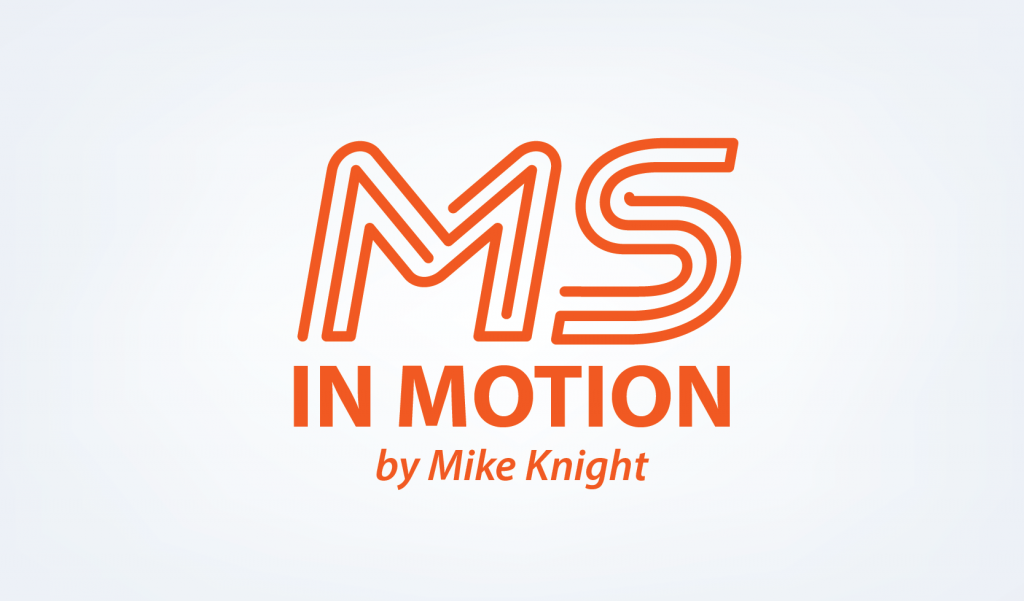Data Differences: Better Records, Better Care


“I’m sorry, these files take forever to copy,” the woman at the registration desk says, breaking the silence that had settled between us while she uploaded MRI scans from the CD I gave her moments earlier.
“I know it can be a pain to cart these things all over the place.”
It’s a Monday morning, and I’m at a hand and shoulder specialist’s office. The scans are of my right arm, gone lame from a rotator cuff injury, nerve compression and who knows what.
“No problem,” I say. “I’ve learned how important it is to get my records from one provider to another. It just takes a lot of coordination, especially when you see a lot of doctors.”
“Right,” she says emphatically. “Wouldn’t it be great if all of your records were in one place, so you didn’t have to do this to bring your records for every single provider?”
“Yeah,” I agree, “that would be great.”
If only.
It’s been awhile since I was actively running my records from office to office and establishing their existence and content with all of the members of my healthcare team.
Before my diagnosis in 2013, I was new to the world of chronic pain and illness, and back then I didn’t fully appreciate how many times an “i” needed to be dotted, how many times a “t” needed to be crossed, or how many cracks there were into which my records would invariably fall.
I’d like to think I’m smarter than that now. Before my neurologist left his practice unexpectedly, I felt confident that everyone who needed to be in the know was. But his sudden departure upset that cart, as did bringing the hand and shoulder specialist aboard.
MS is a learning opportunity nonpareil. My neurologist’s exit led to me rebuild my medical team, which has led me to reassess how I keep and share my medical records. And now, with the Equifax breach heavy in the air, it’s how to keep those records both accessible and secure.
So far, I’ve learned a few things that seem meaningful. First, doctors’ offices still don’t share patient data very well. Knowing the mind-bending computing capacity and storage we have literally in the palm of our hands, that seems crazy. Yet a unified electronic medical record (EMR) system, the kind that would allow multiple providers to access and update medical records, still doesn’t exist in the United States.
And that’s too bad, especially for those whose chronic conditions — including MS — demand a carefully orchestrated coordination among many providers. According to a 2015 report from the American Action Forum (a “center-right” think tank), “Widespread use of electronic medical records could bring beneficial change to the healthcare system in a variety of ways, largely because they are the foundational piece to many technologies and analyses that could change health care delivery. Having every patient’s data stored electronically, in a standardized form creating an easy transfer and comparison of data among providers, insurers and researchers will allow the recognition of patterns that could provide smarter, more targeted personal, population and public health measures.”
The second thing I’ve learned? The cure for incomplete or inaccessible records and data — i.e., an industry-wide EMR system — may be as problematic as the disease.
There are loads of online resources that patients may use to create a data hub accessible by anyone with internet access and who has received permission via an invitation or password. But, according to Healthcare IT News (you do read that, right?), “Medical records are a hot target for hackers because, according to the FBI, medical identities are valued at 20 to 50 times more than financial identities on the black market.”
Hackers use the stolen information to receive healthcare, the cost of which is billed to insurance policies from the identities they’ve stolen. And if you’re one of the lucky 143 million people in the United States whose records may have been compromised in the Equifax breach ( if you think you may be within that group, go here for steps to consider), you may have trepidations about loading more — and more valuable — data onto the web.
Many of the articles I’ve read about the Equifax breach recommend freezing my credit accounts, watching them for suspicious activity and improving my login security. (Here’s an article about how to create better passwords.)
The other thing I’ve learned, or been reminded of? My treatment — and in a way, my life — depend on the records I keep, whether they’re a pain to cart around … or not.
***
Note: Multiple Sclerosis News Today is strictly a news and information website about the disease. It does not provide medical advice, diagnosis, or treatment. This content is not intended to be a substitute for professional medical advice, diagnosis, or treatment. Always seek the advice of your physician or other qualified health provider with any questions you may have regarding a medical condition. Never disregard professional medical advice or delay in seeking it because of something you have read on this website. The opinions expressed in this column are not those of Multiple Sclerosis News Today or its parent company, Bionews Services, and are intended to spark discussion about issues pertaining to multiple sclerosis.







Leave a comment
Fill in the required fields to post. Your email address will not be published.